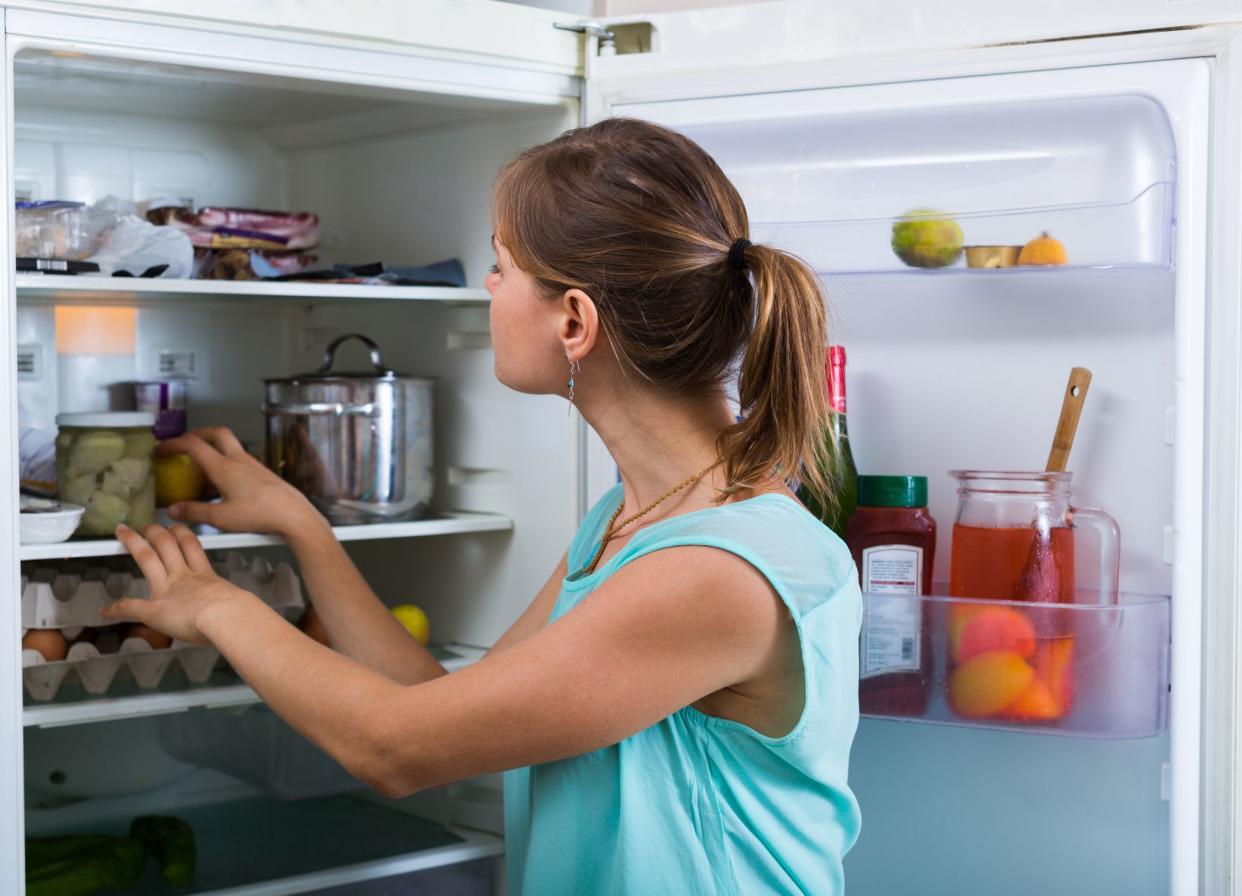Are You a Snowbird? 11 Ways To Winterize Your Home While You're Away

Snowbird Precautions
Properly winterizing your home is crucial — especially if you're planning on leaving for a while. Failing to take the necessary precautions can result in costly damages such as frozen or burst pipes, which can cause extensive water damage. Winterizing your home also safeguards it against potential break-ins, as a well-maintained home is less likely to attract unwanted attention. Lastly, taking these steps can help you save money in the process by conserving energy and reducing utility bills.
As we enter the brunt of winter and temperatures turn frigid(er), here are 11 steps homeowners should take to ensure their homes are safe and secure.

1. Remove All Perishable Food
Start by clearing out all perishables from your refrigerator and pantry. This prevents the growth of mold, bacteria, and foul odors, which can be difficult and costly to address. Removing food also reduces the chances of attracting pests, such as rodents and insects, which can cause damage to your home's furniture, structure, and electrical wiring. Plus, pests can cause a host of other hygiene-related issues.

2. Lower the Thermostat to a Safe Temperature
Adjust the thermostat to a lower but safe temperature, around 55-60 degrees Fahrenheit. This will help your home stay warm enough to prevent pipes from freezing and bursting, while helping you conserve energy and save on heating costs.

3. Turn Off the Water Supply
Shutting off the main water supply is vital to prevent potential flooding from burst pipes. Drain the system by opening faucets and flushing toilets to remove water from the pipes. While you're at it, consider adding antifreeze to drains and toilets to prevent any remaining water from freezing and causing leaks.

4. Secure Windows and Doors
Ensure all entry points — including windows, access to the basement, and doors — are securely locked. For added peace of mind, you can reinforce sliding doors with a security bar (you can snag one for less than $10 on Amazon). This not only deters burglars but also prevents damage from strong winter winds or storms.
Related: Cheap Home-Security Products That Really Work

5. Unplug Electronic Devices
Before leaving, be sure to unplug all non-essential electrical appliances such as the TV, microwave, coffee maker, toaster, etc. This reduces the risk of electrical fires while helping to conserve energy. Unplugging devices also protects your appliances from potential power surges and can prolong their battery health and overall lifespan.
Related: Power Up: 8 Tips and Tricks To Maximize Your Cellphone’s Battery Life

6. Inspect Your Roof and Gutters
While doing your rounds, don't forget to inspect and clean the roof and gutters — these key structures are often overlooked and deserve some TLC, too. Clearing out debris prevents water build-up, ice dams, and potential roof damage. Ensure gutters are securely attached and downspouts direct water away from the foundation.
For more savvy home improvement tips and other money-saving hacks, please sign up for our free newsletters.

7. Arrange for Snow Removal
If possible, arrange for a service or a neighbor to clear snow or ice from your driveway and walkways if you live in a region that experiences heavy snowfall. This can give the impression that the home is occupied — deterring potential burglars and preventing damage from all the accumulated snow.

8. Program Smart Home Devices
If you have smart home devices, you can program them for security and energy efficiency. For example, smart thermostats can be set to maintain a safe temperature remotely, while smart lights can be scheduled to turn on and off to mimic occupancy (shout out to Kevin from "Home Alone" for this one).
Related: 50 Money-Saving Energy Tips for Winter

9. Inform a Trusted Neighbor or Friend
Notify a trusted neighbor or friend about your absence and leave a spare key with them. If possible, ask them to periodically check on the house, collect mail, and report any suspicious activities. This way, they can help create the appearance that the home is not empty and keep pesky thieves at bay.

10. Secure Valuables in a Safe or Safety Deposit Box
Before leaving, secure valuable items in a safe or a safety deposit box. This can include jewelry, important documents, family heirlooms, cash, and other irreplaceable items. While no one wants to experience a theft, taking this precaution can minimize the risk of loss from a break-in or other unforeseen damages.

11. Check the Heating System
Consider having your heating system inspected and cleaned by a professional. This will ensure that your furnace and boiler are operating safely while you're away. A well-maintained heating system is less likely to encounter problems like leaks or breakdowns, which could pose a fire hazard and be very costly to repair.




